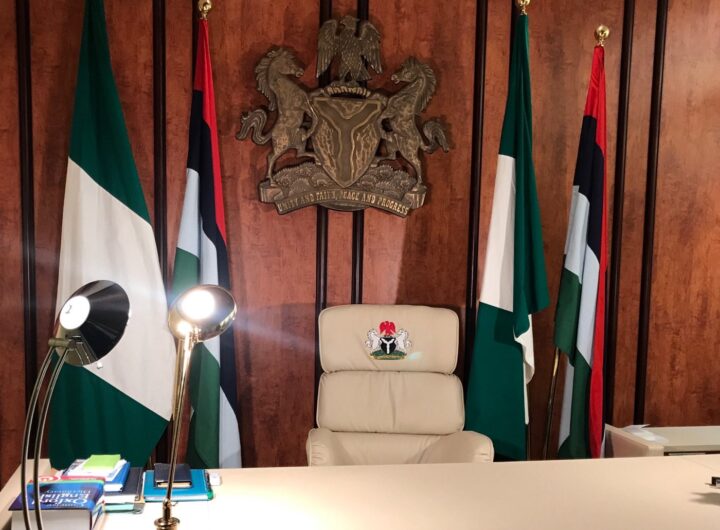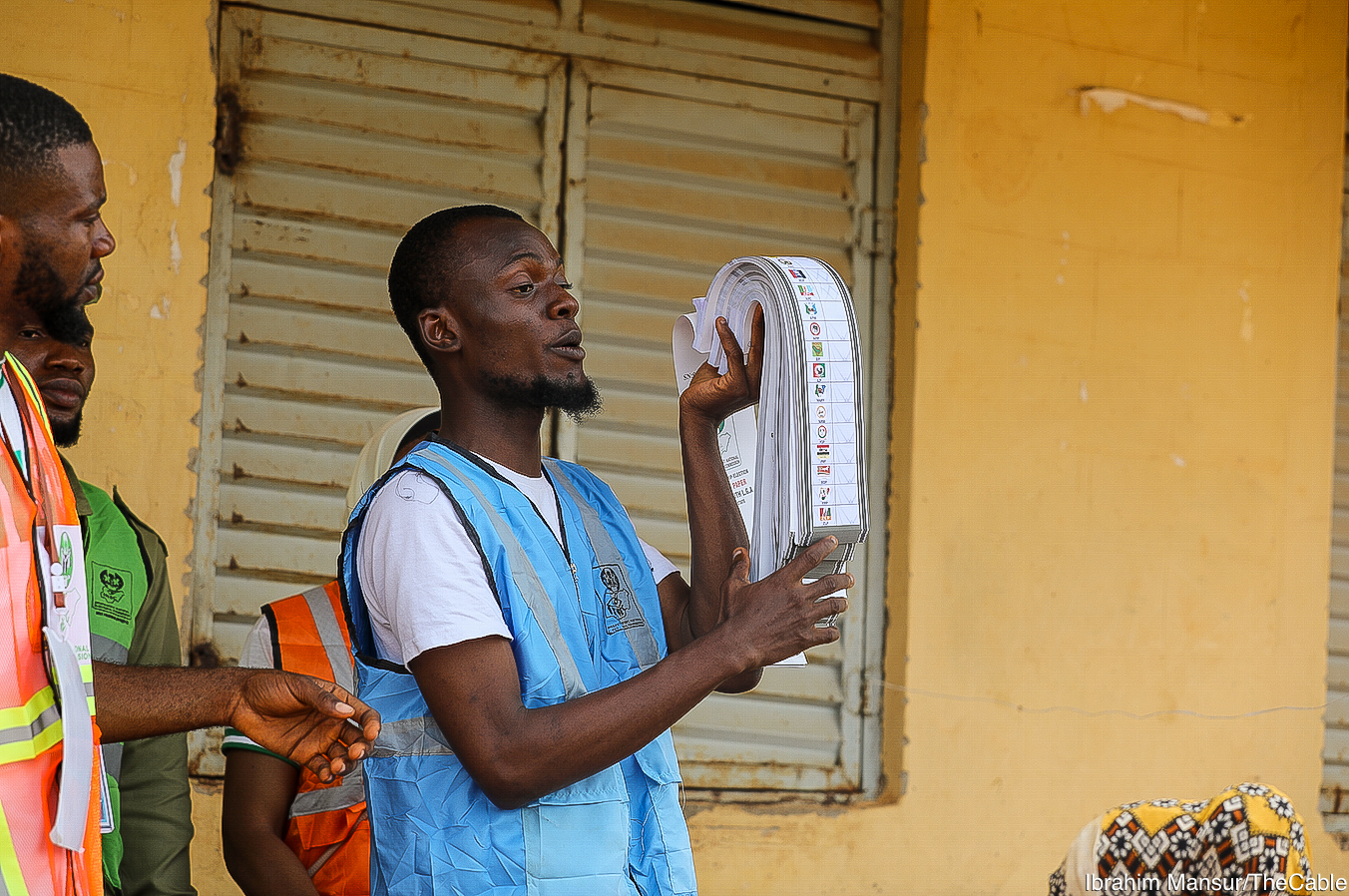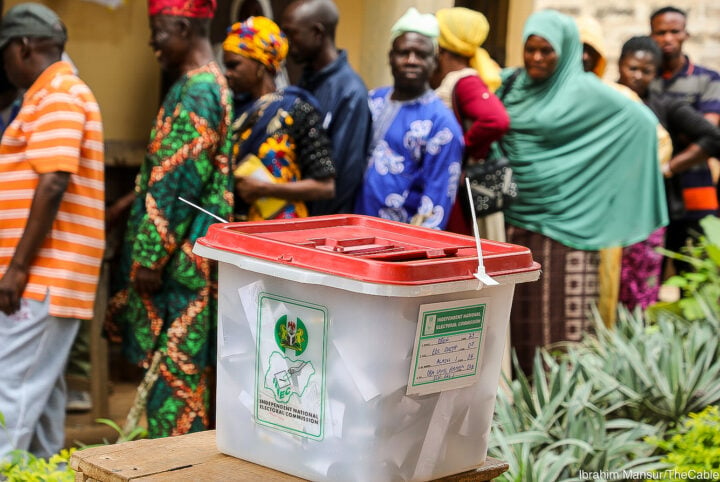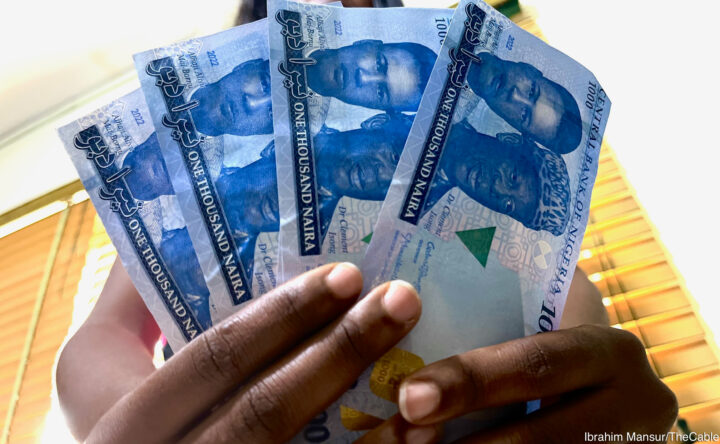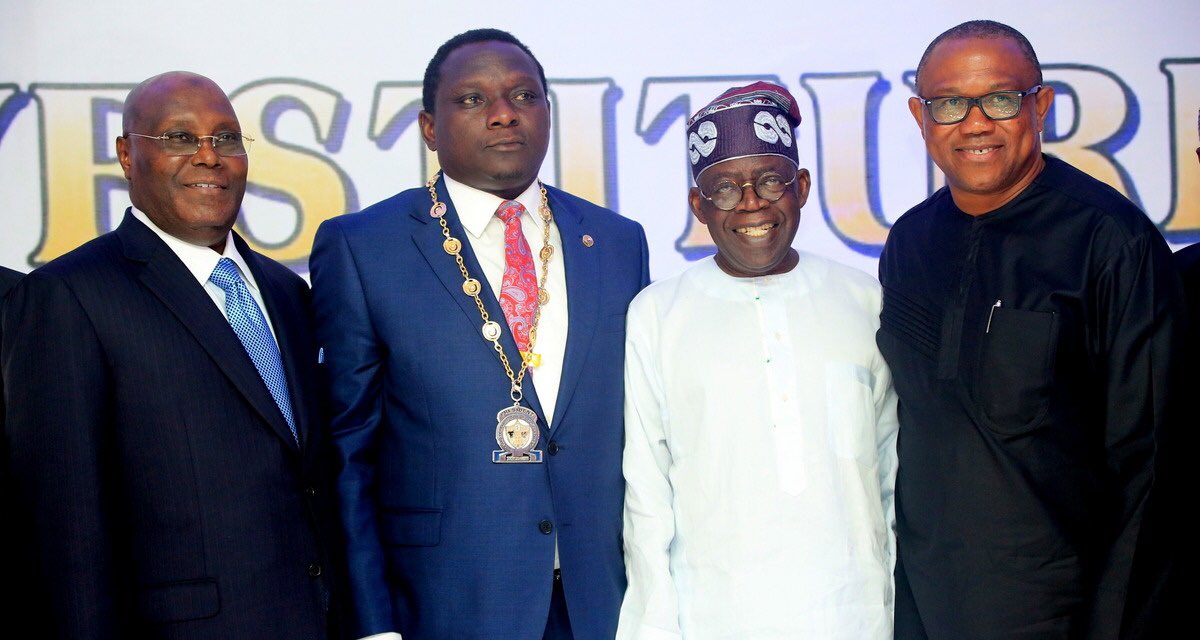Nigeria’s next elections draw ever so near and may be over by the time you read this – at least the presidential part of it. I have since pitched my tent with a group led by someone who has the total package that could make a profound difference in our country. This includes respect among the private sector, experience in running complex systems and coordinating the efforts and ideas of very smart people, and the unique identification of hard workers and ideas people who can cause a change in our dear country.
Recent problems with Buhari’s cash policy revealed that Lagos singularly drives whatever growth we record in Nigeria. And this is a wake-up call to other states and zones. Granted that Lagos was a federal capital, and has the advantage of the ports, still, a visionless set of leaders could have made a pig’s meal of the place rather than the moderate hope we see today. Look at Abuja. Built from the scratch, maintained fairly well under military administrations, but gone to the dogs under civilians. Why should we be getting the best ideas about governance from Lagos rather than Abuja which is a clean, prepared, but now pretty messed-up template? It’s down to the quality of leadership – or lack of it.
In my humble opinion, leading Nigeria going forward is not just a question of saving money, even though saving money and expending right is a critical factor and the subject of this writeup. One of the candidates, Peter Obi, has created a niche around the need to be frugal and that is good and should be taken on board if he does not win the elections. As a strategy, it is however not adequate to run a country. There must be a big vision, and the ability to drive that vision. One may even have the argument between having a leader who is very frugal but has no overarching vision for greatness, for business, for the emancipation of his people, for economic growth, for a repositioning of his people’s image in the comity of nations, on one hand, and a wheeler-dealer leader who has a vision for all of the above and the sheer grit, experience and craziness. Many people will opt for the latter. Only people with limited vision, and an even more limited understanding of the issues on ground will prefer the former.
Many of Peter Obi’s supporters are like that, including others who are supporting him for emotional reasons. I have been doing great research into the history and evolution of American democracy – the one we copied – and I realised that some of the greatest leaders they’ve had have not been puritan. One of the most corrupt people ever in political history – Boss William Tweed – is also credited with the gravitas which exploded what is New York City today – especially Manhattan. All the skyscrapers that transformed the landscapes of Chicago, Los Angeles and New York, were not put together by slackers and penny-pinchers. And all that infrastructure is a thing of pride to every American today.
Advertisement
But I want to push today that if Obi does not win, and my preference – Tinubu – wins, or if Atiku wins, we need people who are ready to serve Nigeria for free. It cannot certainly be business as usual. We need this even if it’s for two years. It will sound very annoying, especially to our dyed-in-the-wool politicians, especially those who have spent great amounts of money to get into office. It’s bad enough that in this season and with current reforms, even the president has made the prospects of his own party ever more difficult. So, who am I to tell anyone to work for free? I must however say that I was ready to serve for free had I, by any long stretch of the imagination, become president in 2019. I was also ready to work for free if I had been appointed to government in 2015 or whenever. I believe Nigerians must now roll up their sleeves and sacrifice if they get into government, given that there is a need to atone and set the right examples.
Funny enough, Obi has not promised anything like this; it is only assumed that his frugality will also translate to sacrifice. But Adebayo of the SDP has, on more than one occasion. I understand that it is an incredibly difficult thing to promise and practice. Still, that is the epoch we find ourselves in. I recall that in 2015, this was one of the triggers which made me suspect that the Buhari government had derailed. The whole country had invested a lot of emotions in his presidency. But upon appointing ministers, many of them started asking for all sorts of benefits. I recall when they started agitating for houses. Ibe Kachikwu complained that he lived in his own house (I wondered if he would want to stay in my own), Aregbesola (or was it Lai Mohammed), said he lived in a rented house or was squatting in someone’s house. From then, I saw that they missed a great vision and Buhari himself was busy grappling with whether to keep to his words of open asset declaration, like Umaru Musa Yar’Adua or to go the way of the others like Jonathan and Obasanjo. The rest is history.
How feasible can this no-salary service be? For how long? How do appointees and electees survive given that they are meant to give up previous appointments or businesses to come and serve in government? What kind of basic provisions could be made for them that will ensure that they feel the pinch without going hungry – they and their families? How can this be done so that the citizens will understand that these new servants are going the extra mile, and so they also cooperate in many ways? If Nigeria will attain the next levels in development and driving revenues, working a larger national budget, inspiring citizens to far bigger greatness, I believe this is a necessity. Certainly, we cannot expect anything good out of a continuation of the rather wasteful status quo. The holy book asked: “shall we continue in sin and expect the grace to abound?” We cannot preach to the people of Nigeria to chip in a little more and straighten their ways so that we all live in a sane society like the ‘abroad’ that Nigerians are today emptying into, without such a sacrificial move.
Advertisement
How do we build infrastructure that makes everybody’s lives easier with our commonwealth if we don’t free up enough money? How do we get our people to pay more taxes, and be ready to redeem fines, and fees that are due as a result of their engagements with government and society at large if they don’t see that those in government have belled the cat?
The other day, news came out that Obi’s Next Cash and Carry Limited had been deregistered in the United Kingdom. This happens after a company fails to submit its company house annual returns for two consecutive years. Of course, the explanation by the Obi campaign tried to gaslight an issue we should all learn from. I have an idea that – like the UK – Nigeria integrates its Corporate Affairs Commission, Federal Inland Revenue and banks. Like the UK, nobody should be able to run a company account in a given year, unless they show their verifiable company house return (from CAC). Whereas the company house is primarily concerned with knowledge about the general state of affairs of a company – its directors, address, shareholding etc. – it should also demand to see tax compliance. Updating Company House records should be compulsory for every company. So also should be tax compliance for active companies.
If we adopt the UK style, tax revenues should bump up considerably. There are many companies doing good turnovers in Nigeria but paying no taxes. Banks should not be entertaining such companies under normal circumstances. A corporate account that hasn’t updated its company house returns in a given year should be flagged by the bank’s system. For now, compliance with Company House returns is less than 5% in Nigeria, according to CAC stats.
If Nigeria is to adopt such a paradigm shift, we need acceptability by the people, and those who run government must be credible. That is asking for a lot. Yet, this is the mere fulfilment of obligations to one’s country. We don’t have to keep looking in all the wrong places for the prosperity of Nigeria. My elderly friend, Prof N. N. Susungi (a Cameroonian presidential candidate) told me years back that in terms of its economics, Nigeria is like a large grapefruit with little juice in it. Most of the money that should go into infrastructure and collective development goes into private hands, religious houses, and different gangs like motorpark gangs registered as unions. The state has consistently lost ground as a result of ineptitude, laziness, fraudulent collaboration with these same entities, and a general lack of credibility. At the top of factors that erode credibility of public servants – elected or selected – is the usual greed; the desire for shiny little expensive toys that the state must pay for, and the desire to acquire as much money as quickly as possible because public office is seen as God’s blessings to loot, not the strict avenue for sacrifice that it truly is.
Advertisement
So, who is ready to serve Nigeria for free? And how long can you sustain it? Are you ready to live in your own house, not put the government under pressure, and drive your car while doing public service? Do you have a reserve to stave you over? Are you ready to do this for the accolades only, sans the money? Coupled with the ongoing cashless policy (as much as it is almost bungled), such an initiative may help in focusing us on a great infrastructure leap, lessening the pains of a debt overhang, and unleashing considerable resources for the social services that will lead to a true repositioning of Nigeria. This may be a very critical investment that we have to make in Nigeria.
Views expressed by contributors are strictly personal and not of TheCable.
Add a comment

